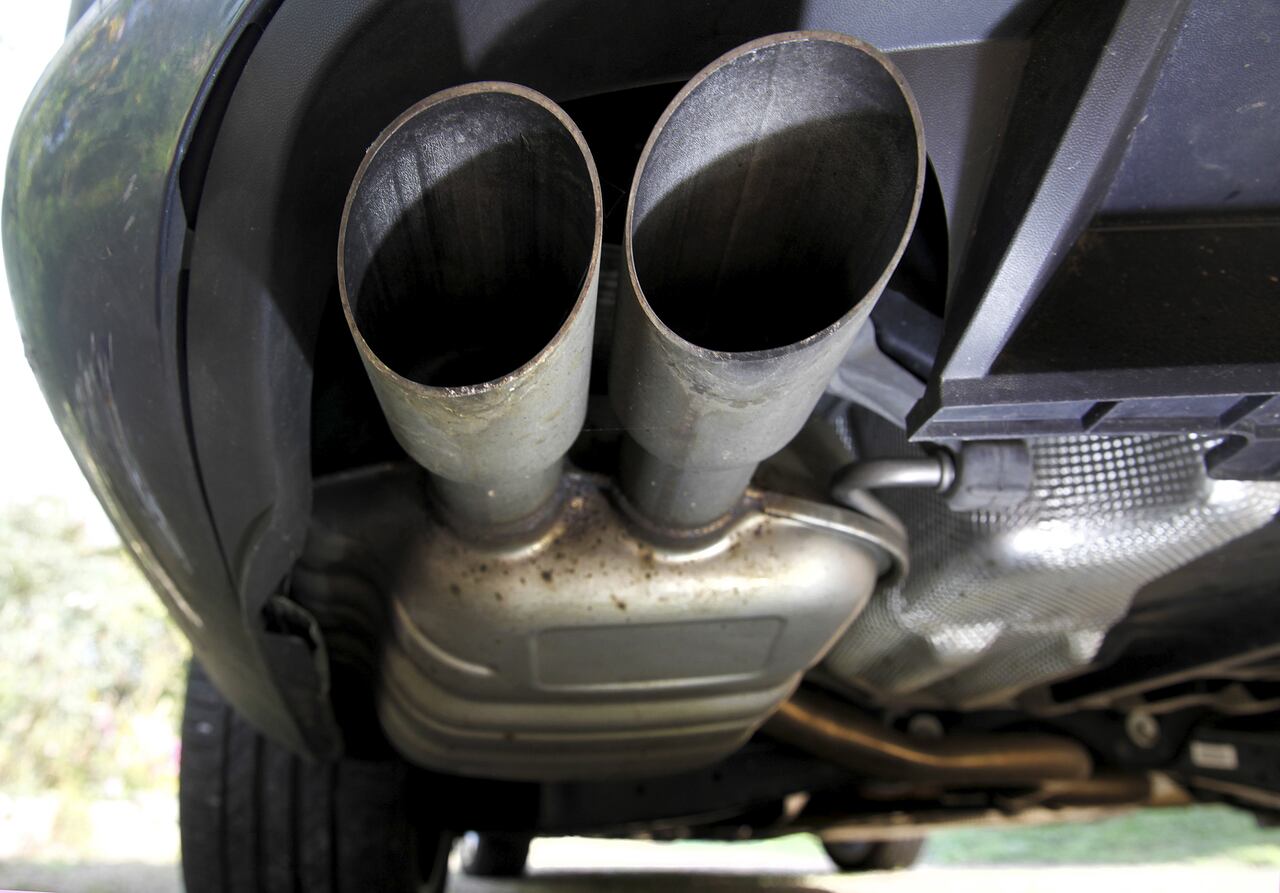10793
0
VW pays 25,000 emission scandal plaintiffs
The processing of the emissions scandal at Volkswagen is progressing. The group paid hundreds of millions of euros in damages after the successful model declaratory action. Now more and more individual plaintiffs are getting their money back.

Yazar: Tom Roberts
Yayınlanma: 30 Aralık 2020 22:10
Güncellenme: 3 Mart 2026 05:46
VW pays 25,000 emission scandal plaintiffs
By the end of the year, Volkswagen had agreed or already paid out damages with almost half of the approximately 55,000 individual diesel plaintiffs. In the meantime, "over 25,000" agreements have been concluded, the dpa learned from the group. Of the approximately 30,000 remaining plaintiffs, around half have already received a settlement offer. VW promises these one-off payments. Those who accept the money can keep their car. If you wait for your own procedure instead, you risk having to hand over your vehicle. In return, you could get back the purchase price minus a usage fee. This is how the Federal Court of Justice (BGH) interpreted the situation. How much the individual plaintiffs should get cannot be said in general terms. In contrast to the model declaratory action brought by the Federal Association of Consumer Organizations (vzbv), there is no uniform table from which predefined sums for each car model and age result. It's about individual regulations. In a sample comparison, vzbv and VW had agreed between 1350 and 6257 euros, depending on the vehicle. Almost all legitimate claims - 245,000 cases - have now been settled by settlement, it said from the group. More than 750 million euros have been paid out for it. In "a few cases", individual tests were still running. The test case concerned the EA 189 "scandalous motor". There are also lawsuits relating to the newer EA 288 drive, which, according to VW, does not have an inadmissible shut-down device - but here the courts have ruled 99 percent in favor of the manufacturer. Another controversial question was until when affected customers can file a lawsuit. In mid-December, the BGH indicated: Diesel customers who went to court in 2019 or later are likely to get nothing. Because in the autumn of 2015, when the exhaust gas fraud was exposed, the topic became known enough to initiate legal action. According to the group, around 9,000 proceedings are still pending, in which a lawsuit was not brought until 2019 or 2020. Lawyer Martina van Wijngaarden said that it was often "disputed" whether there was "knowledge or grossly negligent ignorance".İLGİLİ HABERLER





European stocks soared and focus shifted to German retail sales after Powell's speech!

Forex Signal For TRY/USD: Inflation Slowdown in November.

Forex Signal For GBP/USD: Bullish Trend Still Not Breaking While Recovery Continues.

Forex Signal For EUR/USD: Starry US Data Points to Higher Fed Increases.

Forex Signal For BTC/USD: Downside Continues as Bitcoin Recovery Moves Less.
En Popüler Haberler
Yorum Yap
Yorumlar
Henüz yorum yapan yok! İlk yorumu siz yapın...